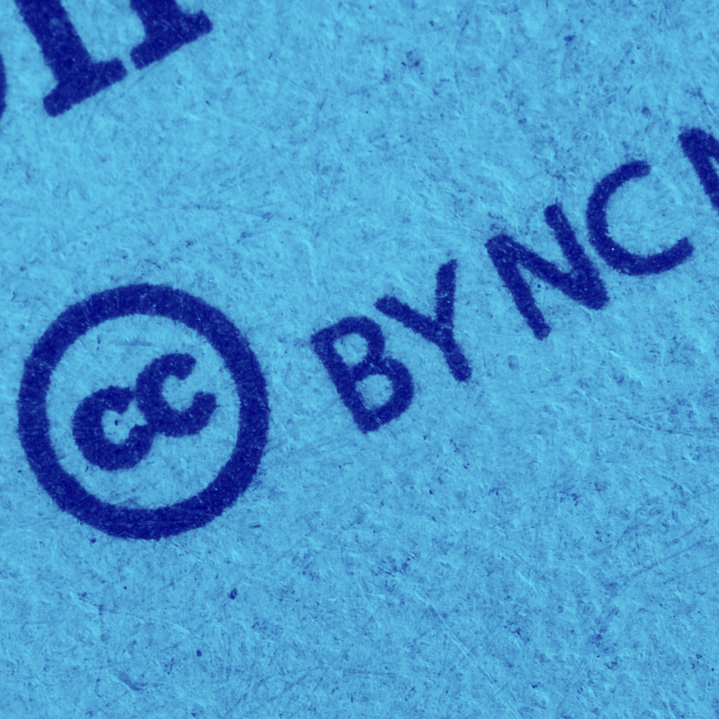Templates with the university's logo and colour scheme that you can use for your final project. You need to sign in to the Virtual Campus to access them.
The templates are for the exclusive use of members of the UOC community and only for use in their academic work. They must not be used, copied, disclosed or distributed in any way other than that stipulated without the express prior authorization of the UOC.










